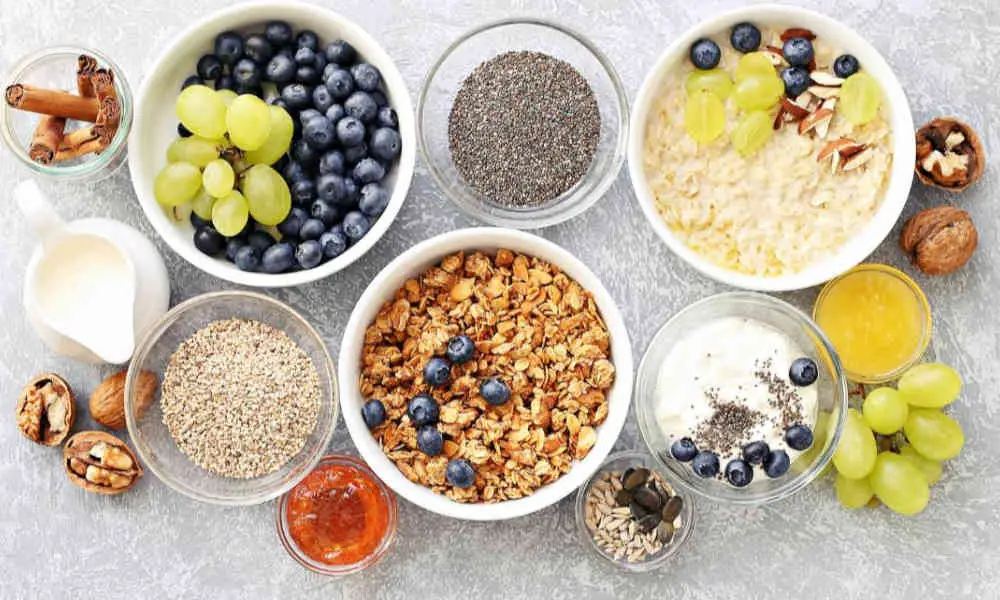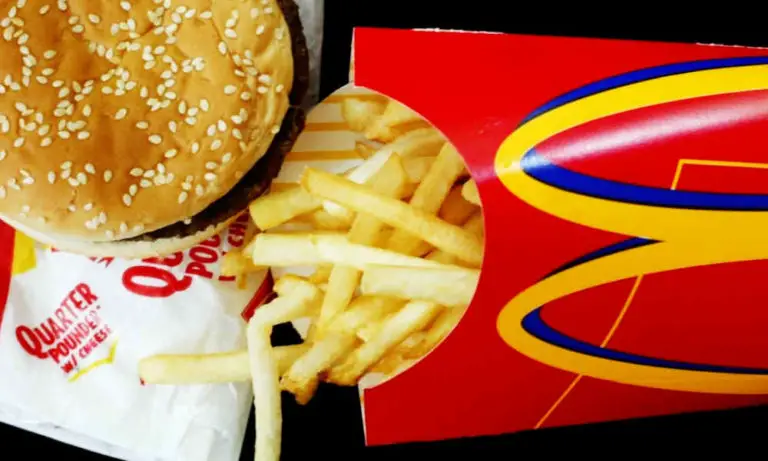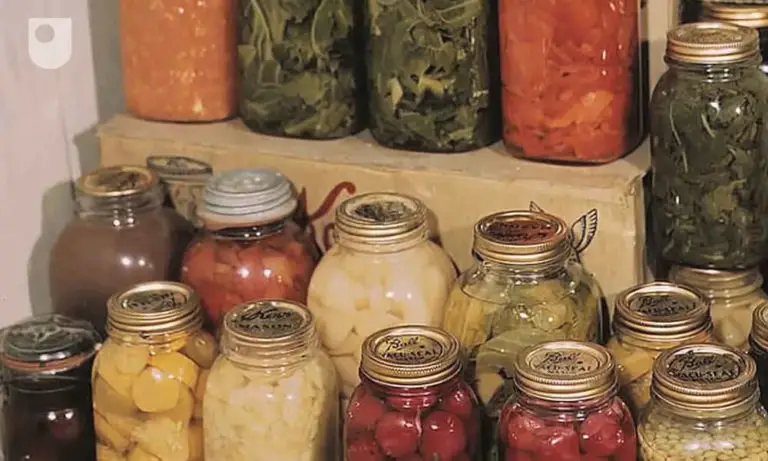Benefits and Risks of the Vegan Diet
In addition to being free of animal products, plant-based diets are low in cholesterol and inflammatory nutrients. They are also rich in antioxidant carotenoids and low in iron.
The World Health Organization has classified red meat as a Group 2 carcinogen, which increases the risk of bowel cancer. Processed meat, on the other hand, is a Group 1 carcinogen, which increases the risk of cancer. One Oxford University study found that eating three rashers of bacon a day increased bowel cancer risk by 20 percent.

Plant-based diets are rich in anti-inflammatory nutrients
Inflammation is a major contributor to many diseases, from heart disease to cancer. Chronic inflammation is also linked to diseases of the nervous system, including Alzheimer’s disease, diabetes, and periodontitis. Fortunately, the anti-inflammatory benefits of plant-based diets are well-documented. Plant-based diets contain plenty of anti-inflammatory nutrients, including phytonutrients.
The standard anti-inflammatory diet includes lean protein sourced from animal sources, but this assumption is flawed since there are many sources of high-quality lean protein in the plant kingdom. Fish is a staple of the traditional anti-inflammatory diet, but many other plant foods provide ample amounts of omega-3s. Moreover, certified vegan supplements are available for those who prefer not to eat fish.
Some of the most common plant-based proteins are beans, nuts, seeds, and tofu. They are also high in flavonoids and are found in almost every fruit and vegetable. Flavonoids are responsible for the bright color of fruit and vegetables. Soy foods like miso are also good sources of anti-inflammatory nutrients.
If you are experiencing chronic inflammation, a plant-based diet is a great way to combat the disease. It includes extra fiber and phytochemicals. You can include lots of colorful fruits and vegetables in your diet, and you can even add nuts, olive oil, and whole grains. In addition, you can even modify your diet to include days with 1,500 or more calories. If you’re unsure about which plant-based diet is best for you, talk to your nutritionist or physician.
They are low in animal products
Vegans avoid all animal flesh and by-products, including eggs, dairy, and meat. They also avoid fish, shellfish, and poultry. One notable exception to the strict vegan diet is carmine, which is made from ground cochineal scale insects and used in many food products. In addition, vegans also avoid many foods that contain carmine. Some of these products are used in food but not necessarily for flavoring.
There is evidence that vegetarians are less likely to develop cancer. Studies showed that vegetarians had a lower incidence of cancer than omnivores. While these results are not conclusive, they do provide valuable information about the nutritional value of a vegan diet. Eating a vegan diet lowers your risk of developing cancer by a factor of two to three.
The American Dietetic Association (ADA) has argued that vegan diets are healthy and suitable for all stages of life. They highlight the benefits of a plant-based diet by emphasizing the components commonly thought to be deficient in a vegan diet. These include protein, calcium, vitamin D, essential fatty acids, zinc, and iodine. It is important to remember that this is a healthy diet, and it is possible to have an unhealthy one.
They are high in antioxidant carotenoids
There are more than 600 kinds of carotenoid pigments in plants, and the most common one is beta-carotene. These compounds are important because they help our bodies convert other nutrients into vitamin A, the most powerful antioxidant in our bodies. However, some research suggests that beta-carotene can increase your risk of cancer. Fortunately, you can get your doses of antioxidants by consuming a variety of different foods.
Vitamin E is a good source of antioxidant carotenoids, which are vital for the protection of the body against free radicals. Vitamin E is a fat-soluble compound that plays a pivotal role in our metabolic process and immune system. It is found in leafy green vegetables, nuts, and seeds. It is also found naturally in dairy products. The amount of Vitamin E in dairy products is relatively low compared to those found in plants.
Beta-carotene has similar benefits, but they aren’t performed in vegan food options. Instead, beta-carotene is converted by the body into active vitamin A. So, you could get your recommended vitamin A from these foods alone, but be sure to limit your intake of beta-carotene supplements to a few milligrams a day. If you have a high-quality diet rich in these carotenoids, you shouldn’t need to take vitamin A supplements.
They are low in iron
The lack of iron in vegan foods may surprise you. While animal products are the primary source of heme iron, plant foods contain other substances that inhibit the absorption of this vital nutrient. One of these substances is phytate, which is found in many healthy plant foods and packed with other beneficial substances. Because of this, vegans have lower iron stores than the average person. Despite this fact, vegetarians do not necessarily have a higher risk of iron deficiency.
One cup of fortified cereals has seven milligrams of iron. Oatmeal, bran flakes, and rice cereal are all excellent sources. Dark chocolate is a fantastic source of iron, and you can add it to oatmeal, smoothies, or stews. Blackstrap molasses has 7.2 milligrams of iron per tablespoon. Although some people cannot stomach it, you can add this nutritious substance to your morning porridge to get your iron fix.
In addition to eating foods rich in iron, vegans can also increase their iron intake by pairing them with foods rich in vitamin C, which helps absorb the nutrient. This can be done through food pairings such as vegan fluffy pancakes. You can also take iron supplements to boost your intake, but it’s important to remember that iron is absorbed by the body more easily in foods that contain vitamin C. So, you’ll need to be aware of what foods you eat and make sure that they contain a large amount of this important nutrient.
They lack calcium
Calcium is essential for strong bones, healthy nerves, and healthy muscle tissue. It is also needed for a number of metabolic processes. It is important for growth and development and can affect bone and brain development during pregnancy. Additionally, dietary iodine is crucial for the production of essential thyroid hormones. These hormones are essential for red blood cell production and maintaining healthy nerves.
The Institute of Medicine has published recommendations for the recommended intake of calcium for adults and children, but these are not exact numbers. Still, you should aim to meet these recommendations as closely as possible. The best way to meet these requirements is to consume plenty of leafy greens. Another great food source of calcium is sweet potato. Make sure to consume about two cups of uncooked leafy greens each day. You can also eat oranges, figs, corn tortillas, and blackstrap molasses.
While many people believe that a vegan diet lacks calcium, this is simply not true. Plant-based diets are abundant in calcium and other essential nutrients, and calcium-fortified plant-based foods can make up the shortfall. If you’re concerned about calcium in a vegan diet, you should opt for foods fortified with the mineral, such as tofu or linseed bread. You can also look for calcium-fortified dairy alternatives.
They lack vitamin B12
A deficiency in vitamin B12 can increase the blood levels of homocysteine, an amino acid that is associated with heart disease and can cause blockages over time. Because plant foods do not contain the vitamin in sufficient amounts, vegans and vegetarians are at risk for low vitamin B12 levels. Vitamin B12 deficiency can also have negative effects on neuronal health and can alter nerve transmission. Because vegans do not eat meat, vegans may be deficient in this important nutrient.
A clinical B12 deficiency can affect the nervous system and cause anemia, but most vegans consume enough B12 to avoid the risk of developing a clinical deficiency. However, two subgroups of vegans are particularly at risk of vitamin B12 deficiency. Long-term vegans do not eat many fortified foods, and breastfed infants of vegan mothers are at higher risk of developing low vitamin B12 levels than non-vegans.
However, while vegans do not lack vitamin B12, their intake of folate is lower. They should supplement with folate to compensate for this deficiency. Studies have shown that vegans have adequate levels of folate and B12, but a deficiency in the vitamin may cause pins and needles, heart disease, and other health issues. And if you’re a vegan, the best way to ensure you’re getting enough vitamin B12 is to eat a lot of green vegetables.
Pros and Cons of Organic Foods


